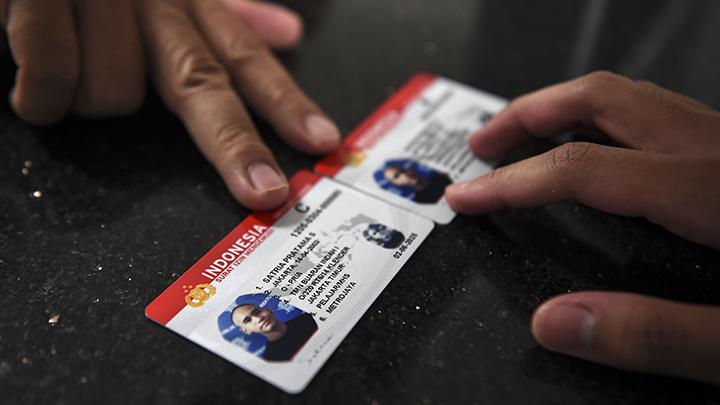KPK Deputy Admits Failure to Fight Corruption in Indonesia; Lists 4 Indications
Translator
Editor
3 July 2024 12:14 WIB

TEMPO.CO, Jakarta - Alexander Marwata, who has been serving as deputy chairman of the Corruption Eradication Commission (KPK) for eight years since 2015, said he has failed to eradicate corruption based on a number of indicators.
"I will not hesitate to say that I failed to eradicate corruption, ladies and gentlemen. I have failed," Alex said at a working meeting with the DPR's Commission III at the Parliament Complex in Jakarta on Monday, July 1.
Alex mentioned the following four aspects of things that demonstrate this failure:
1. Increase in the Corruption Perception Index level
Transparency International (TI) released the results of the 2023 Corruption Perception Index (IPK) measurement in January 2024, with Indonesia scoring 34 out of 100, the same as last year, placing the country at 115th out of 180 countries surveyed. This score is also the same as it was eight years ago, when he first joined the KPK.
"I still remember in 2015, when I first joined the KPK, the corruption perception index was 34, it had risen to 40, now we are back to 34," he said.
Alex said the index is not just an assessment of the KPK's performance, as it includes many other indicators, such as the ease of investing, prosecuting and doing business, not all of which are under the KPK's jurisdiction. But Alex said this meant that efforts to fight corruption were not being followed by other institutions.
"This is the picture we have; there is no change in institutional or individual mindset, especially in terms of integrity," Alex said.
2. Public perception of corruption
Another aspect that reflects his failure, Alex said, is society's assessment of corruption in Indonesia. "In recent years, there have been people who have said that things are back to the way they were before the reform. That's how bad it is."
3. 'Sectoral ego' remains strong
Alex said that the existing egos within different sectors are hampering cooperation between institutions in charge of handling corruption cases. In particular, he said, when members of the police or the Attorney General's Office (AGO) are arrested by the KPK. "If we arrest a prosecutor, for example, the AGO suddenly stops coordinating and supervising. It's hard. Maybe it's the same with the police," Alex said.
Alex said that this issue of inter-institutional relations needs to be resolved immediately. "With a mechanism like this, I'm frankly not sure we're ever going to get rid of corruption," Alex said.
4. Indonesia's approach to corruption is different
Alex also highlighted how Indonesia's approach to corruption is different from other, more successful countries. Singapore and Hong Kong, he said, have only one institution to deal with criminal acts of corruption. "In Indonesia, there are three institutions, KPK, Polri and the AGO," Alex said.
He also mentioned that coordination among these institutions is still problematic, although the coordination and oversight functions have been regulated in the Corruption Eradication Commission Law.
MICHELLE GABRIELA | SULTAN ABDURRAHMAN
Editor's Choice: Pertamina LNG Corruption Case: KPK Names 2 New Suspects
Click here to get the latest news updates from Tempo on Google News






















